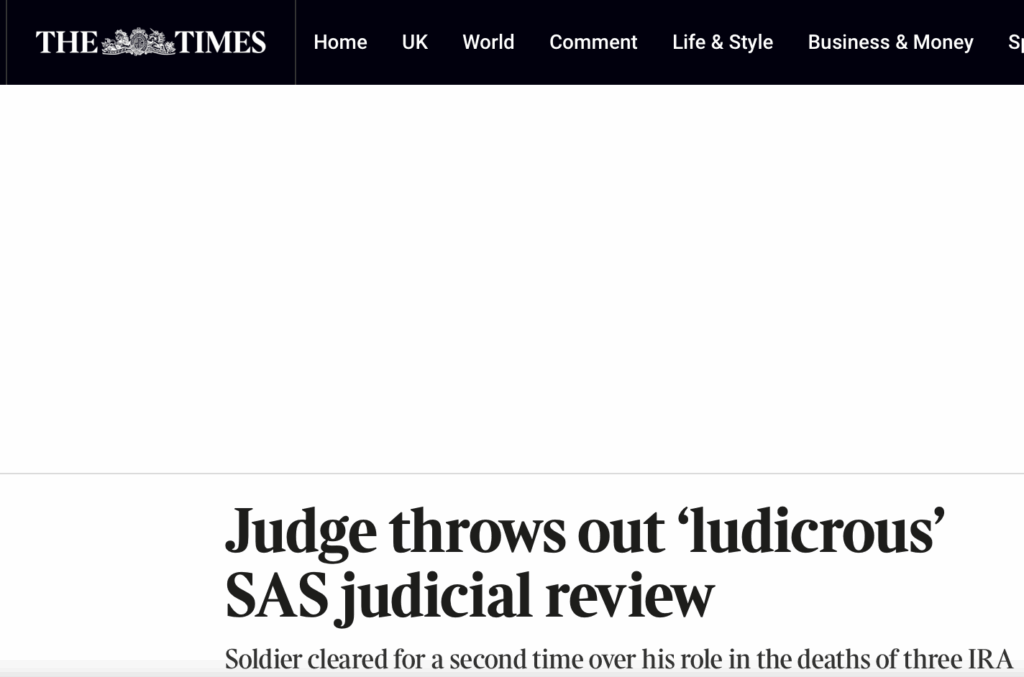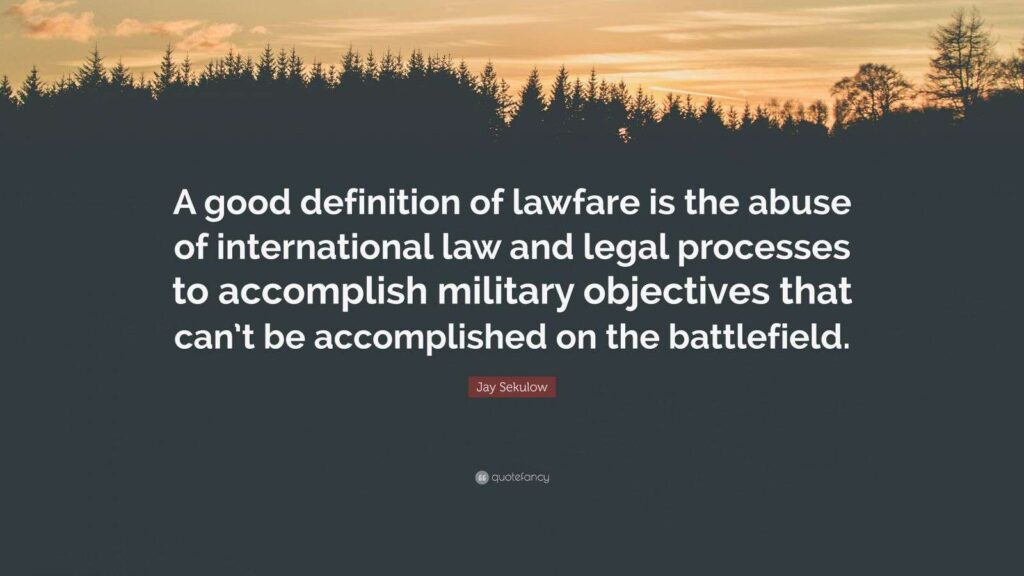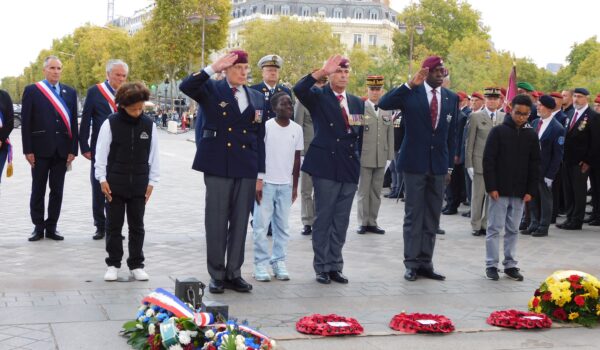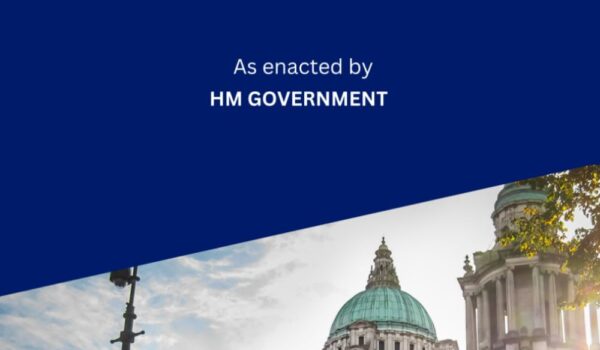REPEALING THE NORTHERN IRELAND LEGACY ACT — part 2
- Posted on 13 Oct 2025
- 24 min read
By Lieutenant Colonel Simon Barry (Retired) – Late PARA
Foreword by Technical Editor Mark Briggs
Following on from his original Hermes article on the repeal of the Northern Ireland Troubles (Legacy and Reconciliation) Act 2023, Lieutenant Colonel Simon Barry provides further insightful commentary regarding developments. Although the dogma remains entrenched, there has been a legal shift in that the government’s repugnant position of utilising the provisions of a controversial administrative code to argue the illegality of other legislation is now moot.
LEGACY – IT IS NOW OCTOBER AND WHERE ARE WE?
After reading my first article for Hermes about the Starmer Government’s repeal of the Legacy Act, former Veterans Minister and MP Johnny Mercer, who served with 29 Commando in Afghanistan, contributed this comment for inclusion:
“The 2023 Act was the result of years of campaigning to end the macabre spectacle. It was fully in the spirit of the 1998 agreement, focusing on reconciliation and truth recovery. It was probably the last chance to find out what really happened to hundreds of families loved ones without the threat of prosecution that has kept so many secrets.

“And of course, it protected our veterans once we had done that hard work, I never thought other veterans would come into government and systematically undo everything I did. It breaks my heart and I’m so sorry for the hundreds of Northern Ireland veterans who deserve so much better.”.
At the time of writing, it is ninety days after the Parliamentary debate stage. Things seem to be moving very slowly, insofar as what may be happening can be seen, if indeed there is anything happening at all. The underlying motivations remain, for the most part, unknown or undeclared. So why is this repeal strategy being so doggedly pursued?
The debate clearly showed the extent of the issues around repeal and the feelings of veterans’ representative organisations and those in politics prepared to speak for veterans. It also showed a Secretary of State who seemed relieved at not having to say very much, despite appearing to take copious notes.
Other relevant ministers seemed similarly un-engaged. Although the debate provided the perfect public forum for these incumbents to explain in detail their thinking on Legacy issues, it was left to a few relatively junior MPs to stand up and sell what appears to be the unsellable on behalf of the government.

In this, the cameo appearance of a couple of former Royal Marines added little. Louise Sandher-Jones MP, the newly-appointed Parliamentary Under-Secretary of State for Veterans and People, was clearly the one chosen to speak. Doing so at some length Ms Sandher-Jones MP tried to mitigate whilst condescendingly branding veterans as naïve — a dismissive tactic aimed at closing down any constructive discussion.
Hermes Technical Editor Mark Briggs stated: “It is important that all veterans’ representatives remain reasonable, maintaining both a robust legal position and the moral high-ground, especially in the court of public opinion. We should not be drawn by politically motived provocations and unwarranted rhetoric.
“Hermes has written to the new Veterans Minister Louise Sandher-Jones — herself a veteran — seeking explanation and clarification. We have offered Ms Sandher-Jones MP an unfettered opportunity for comment, which will be published in this article should the lady choose to respond. [No such response has been forthcoming at the time of publication — Editor].”.
Since the debate, veterans’ representatives and individuals alike have written to all ministers involved, pointing out the inconsistencies in their claims whilst refuting other aspects of their contentious narrative. The response was a thunderous silence until the newly promoted Armed Forces Minister Al Carns MP — Louise Sandher-Jones’ predecessor — eased out a letter to regimental associations on the afternoon of Friday 19th September. Parliament was in recess — shades of “a good day to bury bad news” — so it was hardly a demonstration of open government.

Mr Carns MP’s communiqué reprised the trope that repeal of the Legacy Act is a good deal for veterans and for all parties although this highly questionable assertion is generally regarded in the community as being far from the case.
Mr Carns’ communiqué was viewed by many as a flagrant attempt to strongarm the regimental associations and their members into toeing the party line that Mr Carns and other veterans involved in the present Government are toeing even though repeal renders them vulnerable to official and private prosecution related to their military service in various places.
Unfortunately for the Government, these regimental associations do not have much if any control over individual members even were they willing to draw and toe the line in question. A source within the Special Air Service Regimental Association (SASRA) — who must remain anonymous in line with MOD Disclosures rules governing the identity of Special Forces personnel — commented:
“Given that many have links to the three Special Forces (SF) associations, it will be of interest to the Hermesreadership that the said SF associations are campaigning on the proposed repeal to the Northern Ireland Legacy Act under the Project VERITY banner; each updating their collective membership as the situations develops.”.
The associations in question — SASRA, SSRA and SBSA — formally responded as follows to the recent Government and Ministry of Defence announcements:
“Thank you again for taking the time to meet with us on 18th September. Your letter of the 19th September was aimed at a wider audience than our Association but is a useful vehicle for us to highlight our disappointment that the new rights, safeguards and protections do not go far enough.

“Despite our efforts to assist ministers to appropriately frame the legislation, the measures outlined in the letter fall short of what is required to protect those who properly and bravely served their country during the Troubles.
“We welcome further recognition of the tremendous toll that the existing NI legacy processes take on veterans who are being relentlessly persecuted by politically motivated activists bent on spreading a false narrative and vengeance not justice. In context, we are perplexed at the apparent unwillingness of the government to make use of the positive obligations on the State under Article 2 of the European Convention on Human Rights.
“Those obligations should be publicly articulated to explain an exemplary counter-terrorism campaign, robustly defend the actions of veterans in its pursuit, and redress the skewed way the Human Rights Act has been interpreted and applied.
“Despite government efforts to portray the new rights, safeguards and protections as a significant improvement, many veterans will have seen them as merely enacting current de facto arrangements (e.g. on remote participation and anonymity) while heralding many more years of investigations as new processes and procedures are developed, implemented and applied.
“Our focus will now switch from persuading government to informing and persuading Parliament as the bill progresses. We still firmly believe this should not, and must not, become a party-political issue. Our arguments will be familiar. Especially those provided to the Secretary of State after our meeting with him on 6th August.
“At the same time, we will continue to explore options for legal challenge – both to the findings and referrals from inquests, and the new legislation if it fails to acknowledge the legitimacy of operations aimed at fulfilling the States’s “obligation to take preventative operational measures to protect an individual whose life is at risk from the criminal acts of another individual.
“Even as the new legislation progresses through Parliament and is implemented, we hope to continue engagement with you. It is vital that veterans’ voices are heard directly by Defence and not through the filter of a statutory advisory group representing all victims. We remain committed to exploring every avenue at our disposal to ensure that all veterans are treated with respect, fairness and dignity in this process of gaining a successful conclusion to our campaign.”.
It is worth noting that after critics of repeal pointed out some inconvenient legal facts, the Government and its representatives are no longer saying that the NI Legacy Act is ‘illegal’. They are now saying that it is ‘illogical’ — although they are not explaining why it is illogical. However, this is an evolution in that the Government seems to be taking another look at some of the detail, albeit it a long overdue look.
Policy Exchange have published opinion papers, written by eminent legal experts, which demolish the Government’s line on illegality. Of particular interest, one legal argument shows that the Government could have challenged the Dillon Rule-based ruling by one judge in Northern Ireland, but chose not to do so. This was presumably because the said ruling helped with the Government’s political narrative about the need for repeal. The published opinion clearly explains that there is no legal basis for repeal. So, why? What is the real reason?

To further add to the political discourse, on 9th October 2025, Larisa Brown, Defence Editor of The Times, published an article under the heading ‘Judge throws out ‘ludicrous’ SAS judicial review’. In summary; a judge expressed his “surprise” and branded a taxpayer-funded judicial review application into the use of force more than three decades ago by the SAS to counter a Provisional IRA ambush as “ludicrous” and “divorced from reality”.
The incident occurred when the SAS intercepted three PIRA terrorists intending to murder an off-duty UDR soldier at Coagh in County Tyrone in June 1991. It was contended that one of the SAS soldiers should have paused after every shot to consider whether it was absolutely necessary to fire another one. Mr Justice McAlinden, at the High Court in Belfast, described the legal challenge against the coroner’s detailed findings as “unmeritorious”, refusing leave to apply for judicial review as there was “no basis”.
Legal Counsel Philip Barden said: “the outstanding bravery of soldiers who put themselves in harm’s way and by their actions delivered peace enjoyed today should be recognised by the government; history must not be rewritten. The lawfare in Northern Ireland needs to stop.”.

An article in The Spectator on October 10th 2015 opined: “While former soldiers and police officers should never be given carte blanche, there has been a sustained attempt to create a ghastly and pernicious moral equivalence between those maintaining law and order, and those carrying out killings, maimings and intimidation.”.
The grim murder tally of Irish Republican terrorists and the source of that tally can be seen in this Hermes article. The Irish political party Sinn Féin has always condoned these murderous activities as have some politicians in Mainland Britain but the Starmer Government can reasonably be counted with them.
In conceptual terms, the Government’s focus upon victims is at odds with the original 1998 Belfast Agreement. In a very direct sense, the Government is reversing the intent of the Blair Government in relation to the search for a stable society upon which a lasting peace could be built.
The clear priority of the Belfast Agreement was the national interest, and the need to bury the past in all its ugly forms for a higher purpose. This was gratefully accepted by the mass murderers of the Provisional IRA and INLA — many of whom were Sinn Féin members — and off they skipped back to their homes as Republican heroes.
The interests of the tens of thousands of victims of murderous Irish Republican terrorists and their atrocities were given a lower priority in order to establish a stable society. It was a difficult issue for the victims and security forces alike, but it was understandable within the context.
It was this understanding and principle that produced the 2023 NI Legacy Act, which was a balancing mechanism aimed at remaining consistent with the Belfast Agreement; one that maintained the focus of rebuilding Ulster’s society. As former Veterans Minister and veteran Johnny Mercer commented to me for Hermes — and it is worth repeating:
“The 2023 Act was the result of years of campaigning to end the macabre spectacle. It was fully in the spirit of the 1998 agreement, focusing on reconciliation and truth recovery. It was probably the last chance to find out what really happened to hundreds of families loved ones without the threat of prosecution that has kept so many secrets.
“And of course, it protected our veterans once we had done that hard work, I never thought other veterans would come into government and systematically undo everything I did. It breaks my heart and I’m so sorry for the hundreds of Northern Ireland veterans who deserve so much better.”.
In summary, therefore, the current UK Government, either on its own initiative or because of external pressures, has decided to overturn the core principle of the Belfast Agreement whilst citing as justification the purported interests of victims. But which victims and who stands to benefit in the long run remain unanswered questions.





